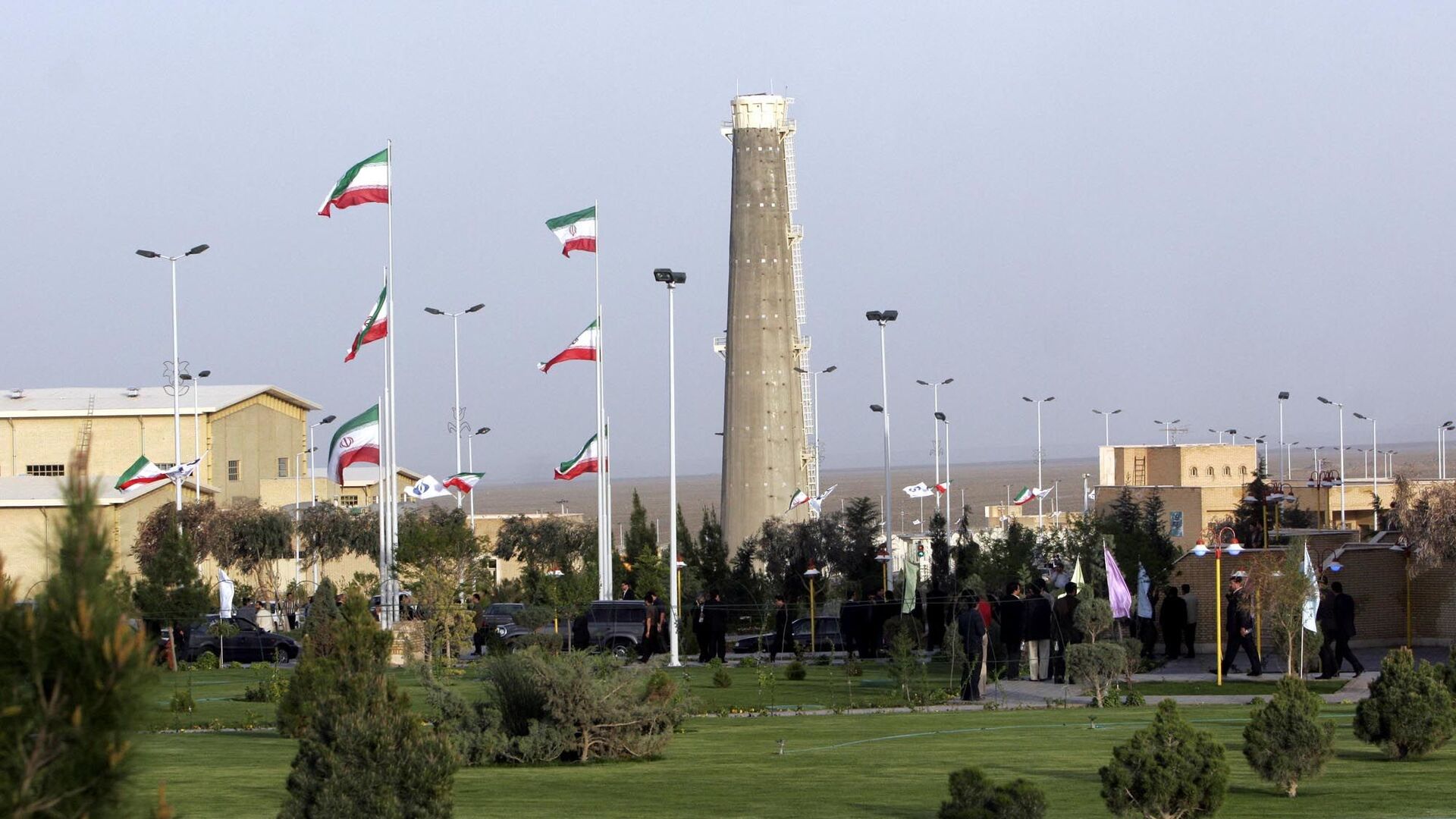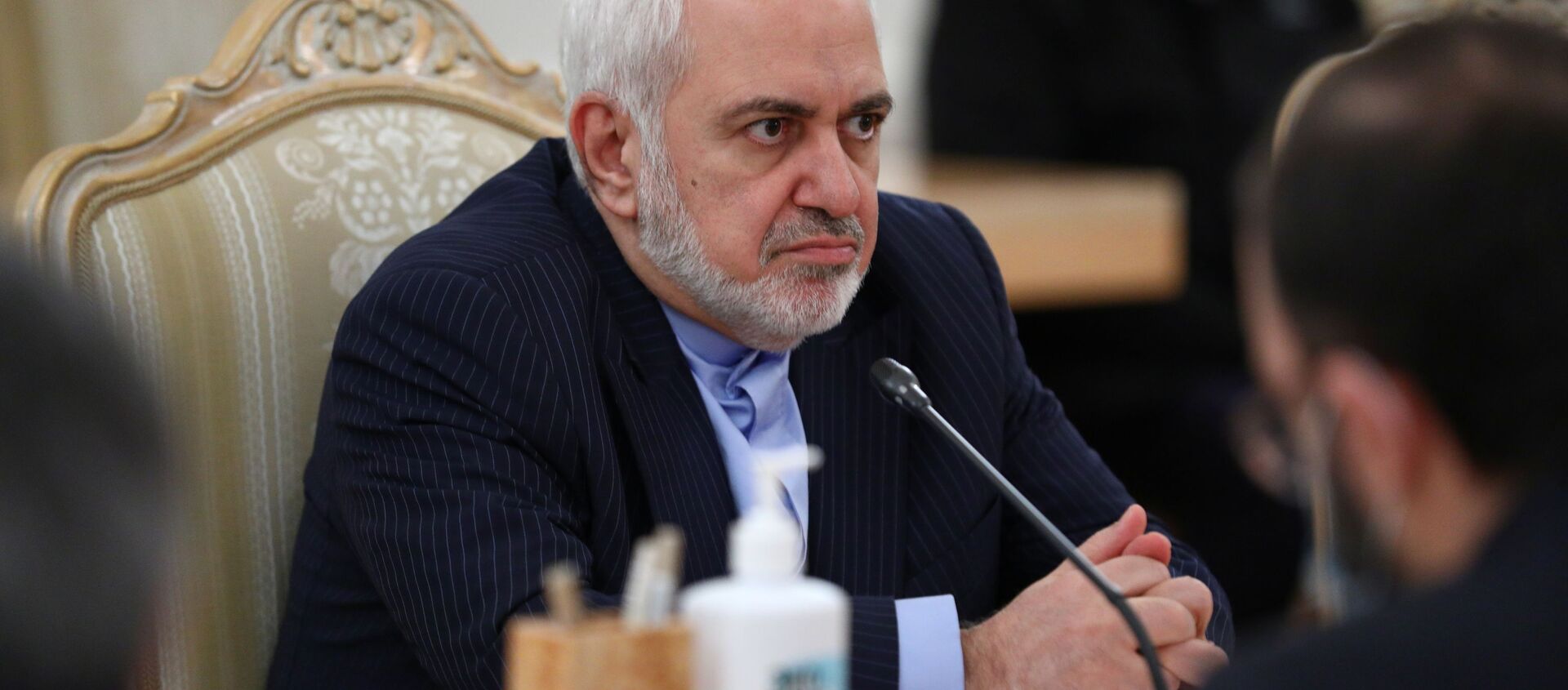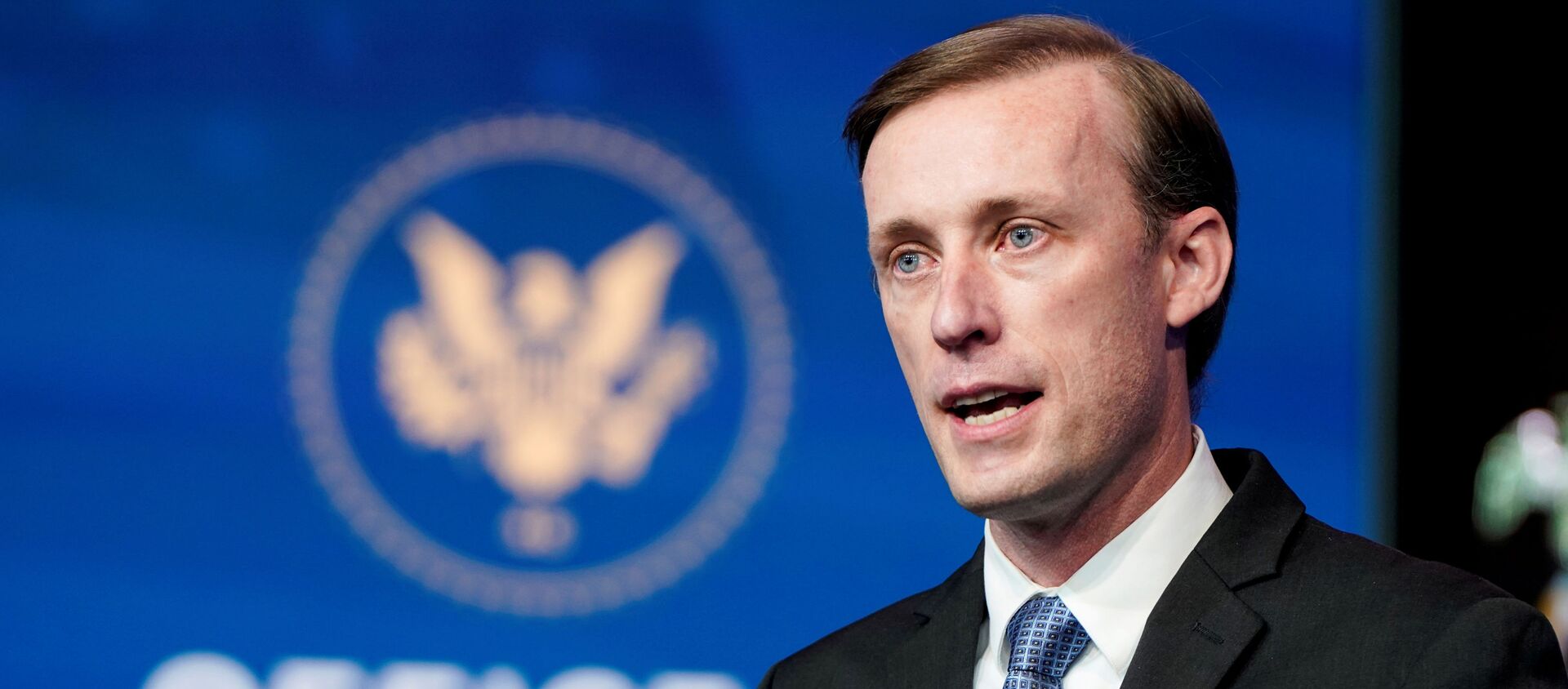"Thanks to our diligent nuclear scientists, two cascades of 348 IR2m centrifuges with almost 4 times the capacity of IR1 are now running with UF6 successfully in Natanz. Installation of 2 cascades of IR6 centrifuges has also been started in Fordow. There's more to come soon," Gharibabadi said on Twitter.
According to the envoy, Tehran has duly notified the International Atomic Energy Agency (IAEA) and would not cut access to its inspectors just yet.
Under the 2015 Joint Comprehensive Plan of Action (JCPOA), Iran has to keep the uranium enrichment level under 3.67 percent and only use first-generation IR-1centrifuges.
Last December, the Iranian government passed a new law aimed at prompting third countries, specifically the United States, to lift economic sanctions. Under the new law, Tehran is determined to enrich uranium at 20 percent and beyond and use advanced IR-6 centrifuges, as well as deny IAEA inspectors access to Iranian nuclear sites.
The JCPOA was signed in 2015 by Iran, China, France, Germany, Russia, the United Kingdom, the United States and the European Union, stipulating the removal of international sanctions from Tehran in exchange for it scaling down its nuclear program.
In 2018, the United States unilaterally withdrew from the deal and reimposed sanctions on Iran. Tehran responded by gradually abandoning its own commitments.




